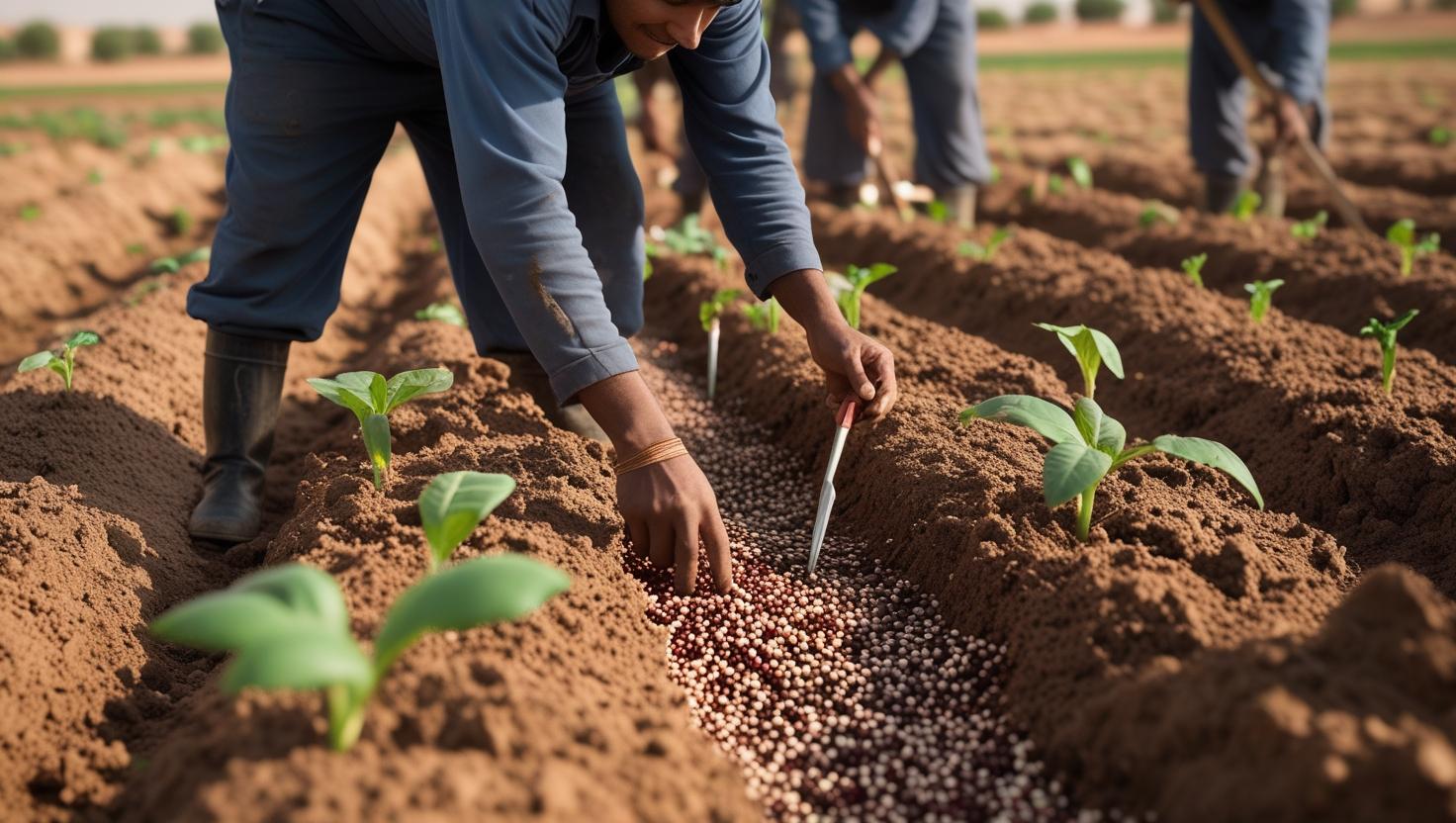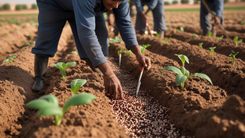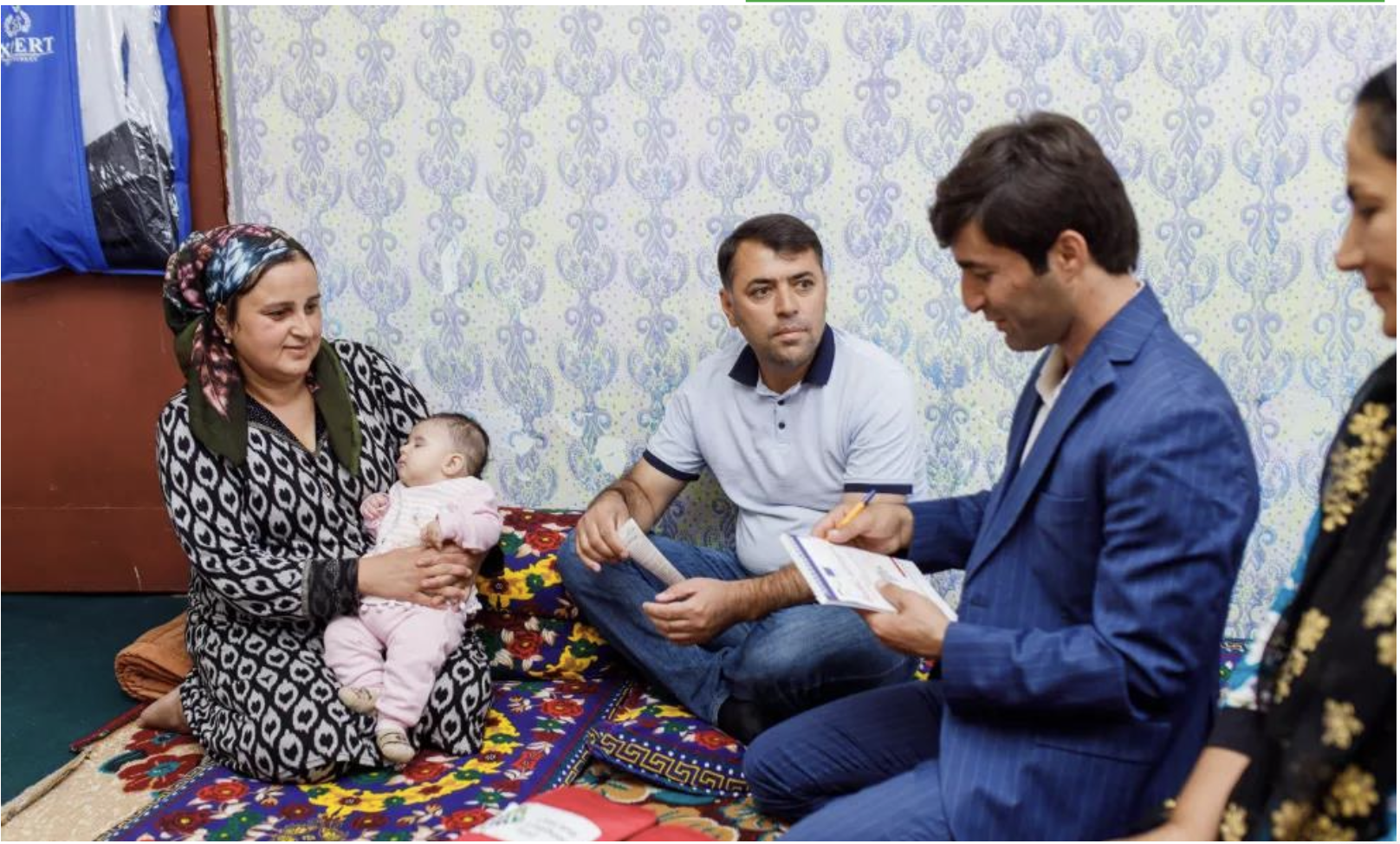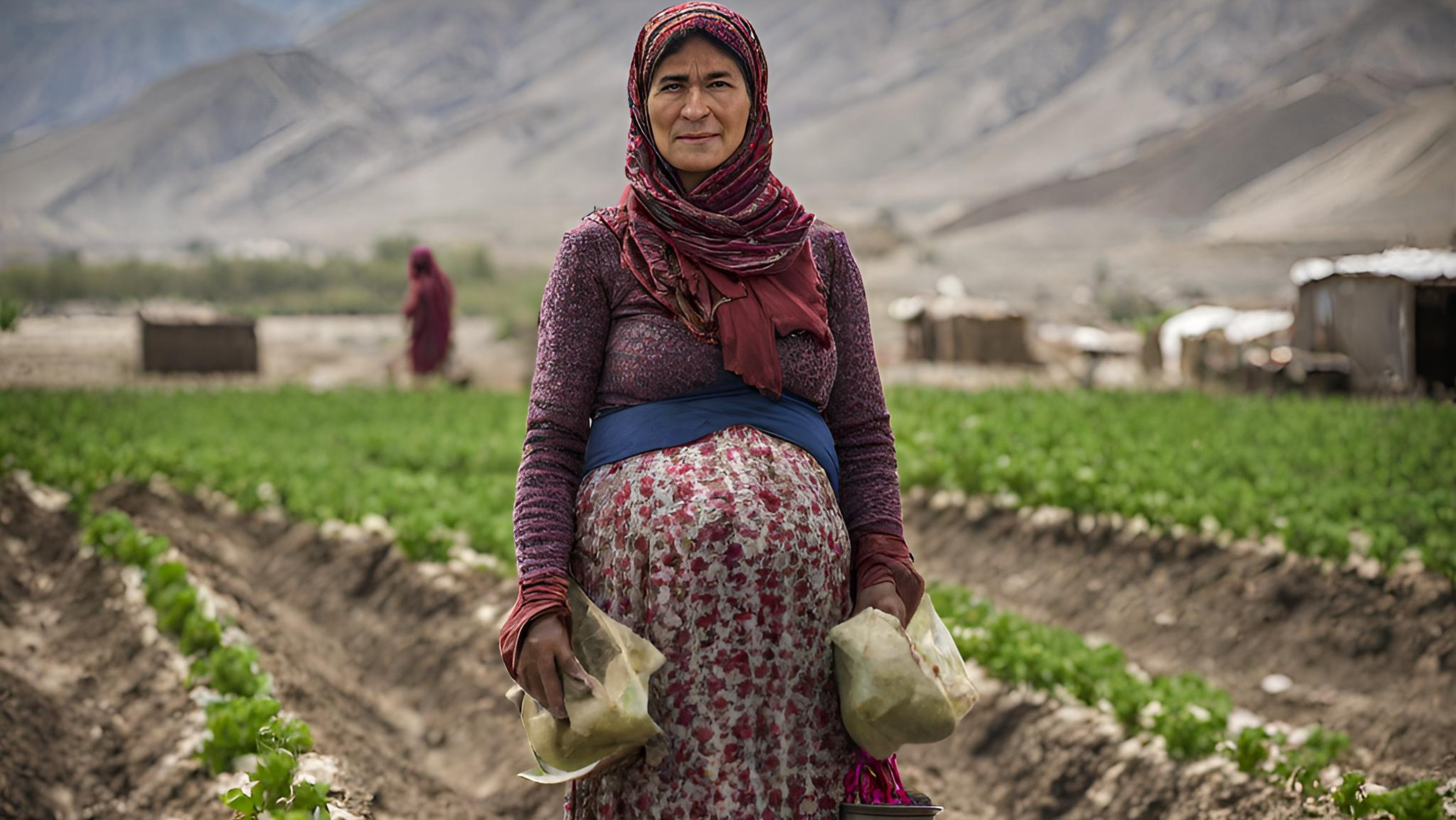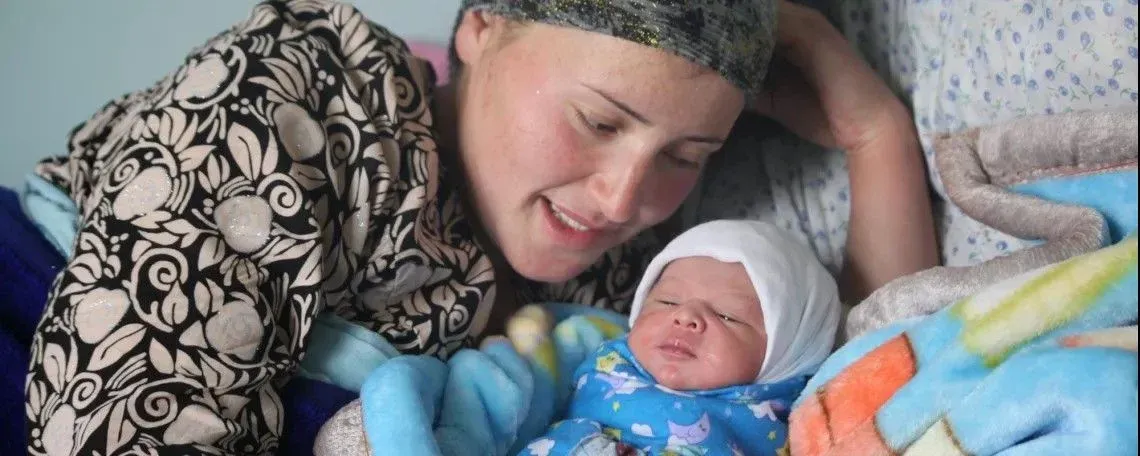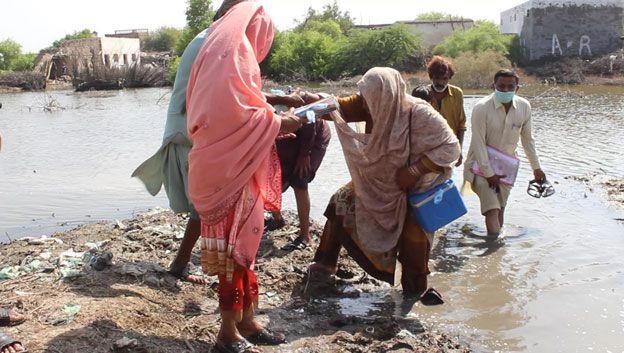Latest updates
RECYCLING WOMEN POWER
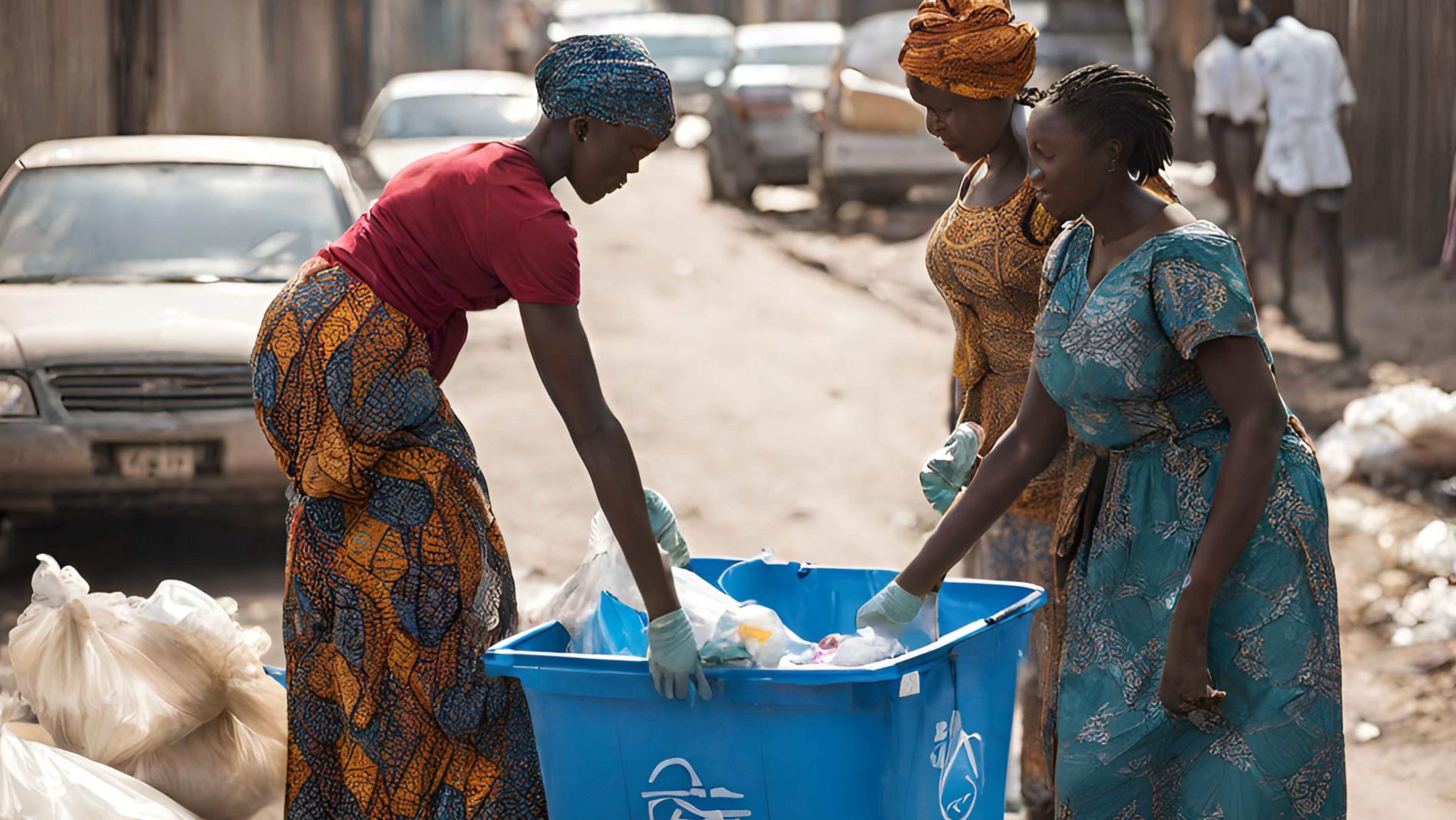
More than 20,000 female domestic waste collectors in Conakry break glass ceilings to achieve economic freedom
As the sun beats down on the port city of Conakry, a marshland of overnight garbage, plastic, and other harmful waste, greets the residents with a pervasive, pungent smell. A group of women effortlessly make their way across the scattered piles to choose and collect discarded material, which they will sell to a recycling company and take a reasonable amount of money back home in the evening.
To some, it’s a regrettable sight; but, to these women it’s a vital source contributing to their otherwise meagre family income, and the overall well being of the city.
Because Conakry stretches over a peninsula as wide as seven kilometers, the waterways and underground sewerage systems are at high risk of hazardous contamination. The situation is compounded by a fractured solid waste management, resulting in inadequate waste collection facilities.
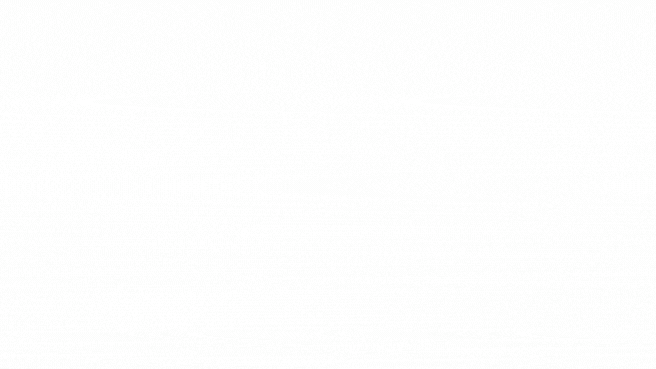
Put together, these malfunctions of the waste management system have inevitably led to the accumulation of refuse and sewage, thus impairing smooth economic functioning of urban centers, as well as becoming a breeding ground for epidemic diseases.
The USD 54 million Conakry Sanitation Project –funded by the Lives and Livelihoods Project, in partnership with the Ministry of Decentralization and Territorial Administration – marks a decisive turning point in the city’s solid waste management history opening doors for local women to take charge of their communities’ waste management practices in a safe and hygienic environment.

This is a far-reaching waste management initiative to effectively handle diverse forms of solid detritus through the construction and operationalization of 20 Sorting and Transit Zones (ZTT) and undertaking the construction of another 10 ZTTs across Conakry. These transit zones encompass the entire waste management life cycle, from collection and storage to segregation, and connection with recycling facilities, thus creating a sustainable entrepreneurship model for more than 20,000 women.
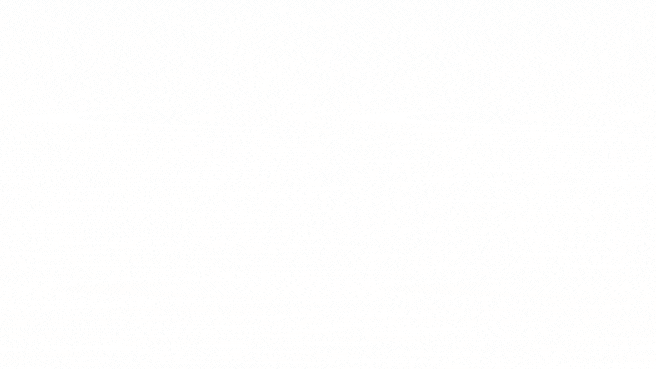
According to the Regional Project Manager, Mr. Mamadou Alpha Kaido BALDE, the workforce on these sites accounts for 95% women who are leading the sorting and recycling process and earning a respectable living by reselling the products from the recovery.
The 28-year old Aminata Fofana, mother of four, is among the 20,000 women who form the backbone of Conakry Sanitation Project. Growing up in the illegal dump in Fossidet Commune district of Ratoma, she saw her father spending his life as a waste picker at the dump site, which became her source of income also after marriage.

In addition, the development of sorting and transfer areas has eased the burden of these responsibilities on women like Aminata, reducing their exposure to health risks such as malaria, typhoid and diarrhea.
This success not only marks a major step forward in waste management in Conakry, but also demonstrates a significant improvement in the quality of life of its residents, especially women and girls.
Related articles
Cookies
By browsing our website you accept our Terms and Conditions
